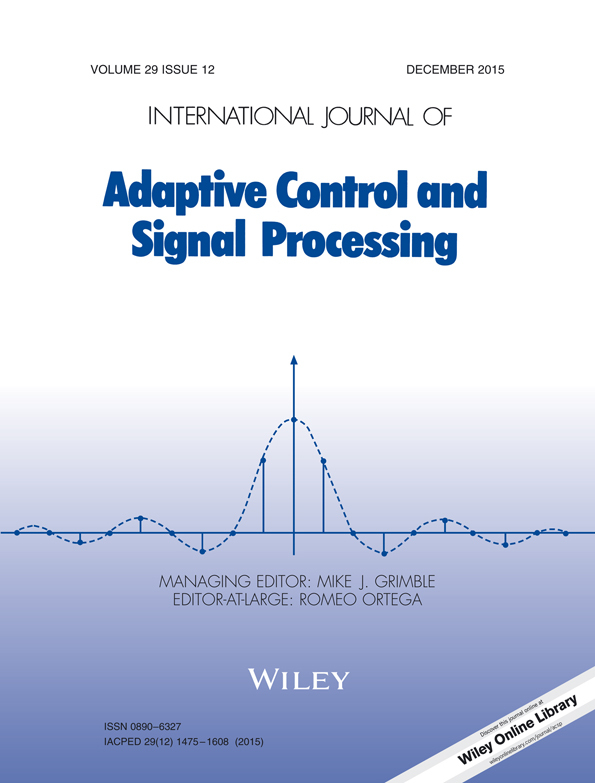A switching periodic adaptive control approach for time-varying parameters with unknown periodicity
Summary
Periodic variations are encountered in many real systems, which can exist in the system parameters, as a disturbance or as the tracking objective. However, there exist a great number of situations where the periodicity is not known in advance. Hence, how to compensate for the effects of time-varying parameters with unknown periodicity remains a challenge for the controller design. In this paper, we proposed a switching periodic adaptive control approach for continuous-time nonlinear parametric systems with periodic uncertainties in which the period and bound are not known in advance. We utilized a fully saturated periodic adaptation law to identify the unknown periodic parameters in a pointwise manner. In addition, we provided a logic-based switching scheme to estimate the unknown period and bound online simultaneously. By virtue of Lyapunov stability analysis, we show that the asymptotic convergence can be guaranteed irrespective of the initial conditions. Finally, we carried out numerical simulations to demonstrate the efficacy of the switching periodic adaptive control algorithm. The proposed approach can be applied to parametric nonlinear systems with time-varying parameters of unknown periodicity irrespective of the types of periodic uncertainties. Copyright © 2015 John Wiley & Sons, Ltd.




